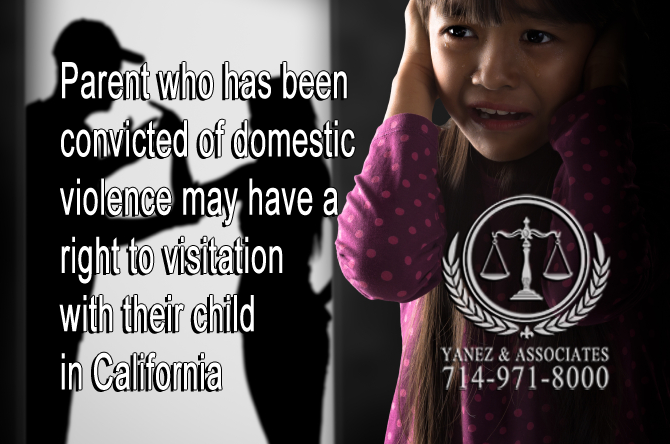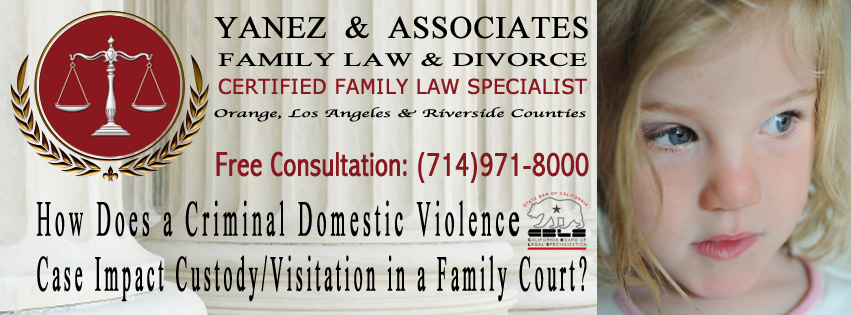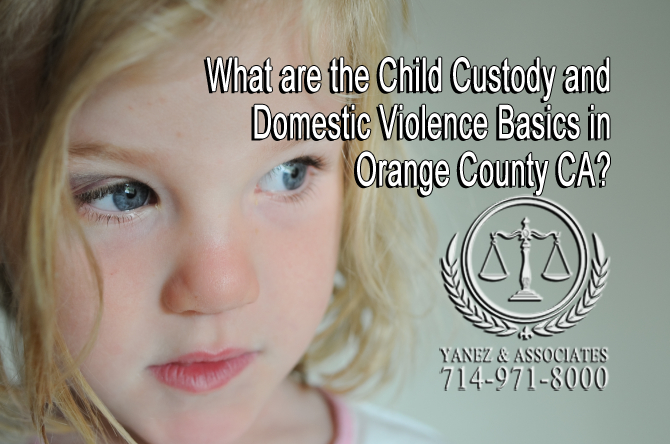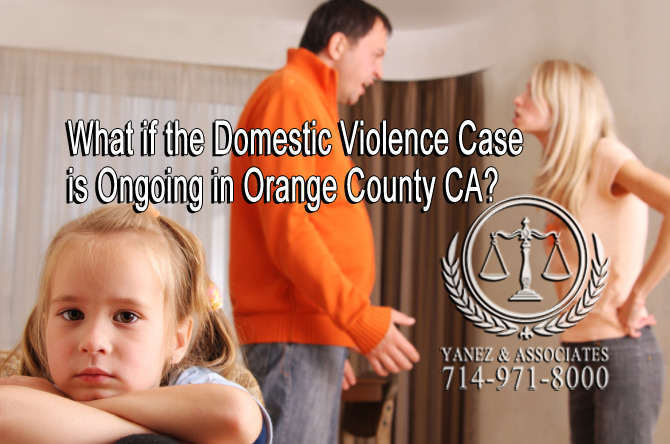How Does a Criminal Domestic Violence Case Impact Child Custody and Visitation in California Family Court?
Does a criminal domestic violence case impact custody? When it comes to determining child custody in a California court, exposing a child to domestic violence is never in the child’s best interest. A domestic violence case, depending on where it may be in the courts, can have varying effects on a child custody and visitation case or an existing order.
It is always important to discuss your family situation with a qualified child custody attorney, whether you are facing child custody charges, or you have custody of children whose other parent may be violent or abusive. An attorney can give you the most accurate legal advice that is also relevant to your situation.
What are the Child Custody and Domestic Violence Basics
In California, two basic types of child custody exist: physical custody and legal custody. Physical custody determines who the child lives and spends his or her time with, while legal custody determines who can make important decisions for a child regarding things like healthcare, education, extracurricular activities, religion, and more.
Visitation is part of physical custody that usually allows a noncustodial parent to spend time, with a child even if the child doesn’t live with that parent.
Domestic violence is usually physical or verbal abuse, including assault, sexual assault, threatening, harassing, and more when the abuser and the victim are in a close relationship, like husband and wife, parent and child, siblings, etc.
A History of Domestic Violence

Note: A parent who has been convicted of domestic violence may have a right to visitation with a child
If either parent has already been convicted of domestic violence, the judge will likely not give that parent any right to custody of the child. However, a parent who has been convicted of domestic violence may have a right to visitation with a child.
There are four kinds of visitation that a parent may have when it comes to child custody in California: visitation according to a schedule, reasonable visitation, supervised visitation, or no visitation.
Visitation According to a Schedule
When a visitation schedule is ordered for parents who want to make sure that there is no question as to when and how visitation occurs, the court will issue a scheduled visitation order. This means that the specific dates and times that visitation is to occur, including locations, holidays, special occasions like birthdays and family vacations and sometimes how transfers between parents will occur are all included in a visitation schedule.
This leaves little room for confusion and it is easy to show when a visitation order has or has not been followed in a contempt of a court order case. It is common for a parent who has been convicted of domestic violence to have a scheduled visitation order.
Reasonable Visitation
A reasonable visitation order does not contain as many details as a scheduled visitation order. It will list generally the amount of time that the child should spend with both parents, and leaves room for the parents to work out the specifics between themselves. If the parents have good communication skills and can work together, a reasonable visitation schedule might work for them.
Supervised Visitation
When the child’s safety and wellbeing may be at risk, supervised visitation may be ordered. This includes the risk of domestic violence. A supervised visitation schedule only allows a parent to spend time with the child when another adult is present. The other adult may be the other parent, another family member or friend who has been approved by the court or the custodial parent, or a professional.
It is not uncommon for a parent who has been convicted of domestic violence within the last five years to only be allowed supervised visitation with his or her child. A supervised visitation order for a parent who has been convicted of domestic violence is likely to also have visitation according to a schedule, especially if the parent is trying to prove to the court that he or she can be trusted with unsupervised visitation.
No Visitation
If the spending time with the noncustodial parent, even under the supervision of another adult, would not be in the best interest of the child no visitation may be awarded. Usually this means that spending time with a parent would be physically or emotionally harmful to the child.
If a parent has a history of domestic violence towards a child, or child abuse, it is unlikely that he or she will be awarded visitation. Under certain other circumstances, a parent who has a history of domestic violence will not be awarded custody or visitation.
In this case, the parent is still responsible to pay child support.
What if the Domestic Violence Case is Ongoing?
During a domestic violence case, one parent may have a restraining order against the other, which can include a temporary child custody and visitation order. This is usually the case if one parent has accused the other of domestic violence, and believes that the children would be in danger if they were to spend time with the other parent.
A restraining order can require a parent to follow existing child custody orders, and it can prevent a person from spending time, or from spending unsupervised time with children. It can also prevent the parent from living in the child’s home during the case.
Following a domestic violence trial, the judge can issue a permanent custody order based on the outcome of the trial. It is in the accused parent’s best interest to follow all custody and visitation orders during the trial to a tee to increase the chances of having custody of or visitation with the child following the close of the case.
Child Custody Lawyer in Orange County, California

If you are unsure how your Criminal Domestic Violence Case will Impact your Child Custody and Visitation rights in Orange County California, contact us for a free consultation ASAP!
If you have questions about your child custody case, or how a domestic violence case or a history of domestic violence might affect your child, it is important to discuss your family situation with a qualified attorney. Your lawyer can provide you with the most relevant information to your family, and advise you on the best way to proceed. Contact the attorneys at Yanez & Associates in Orange County to schedule your free initial consultation today.










